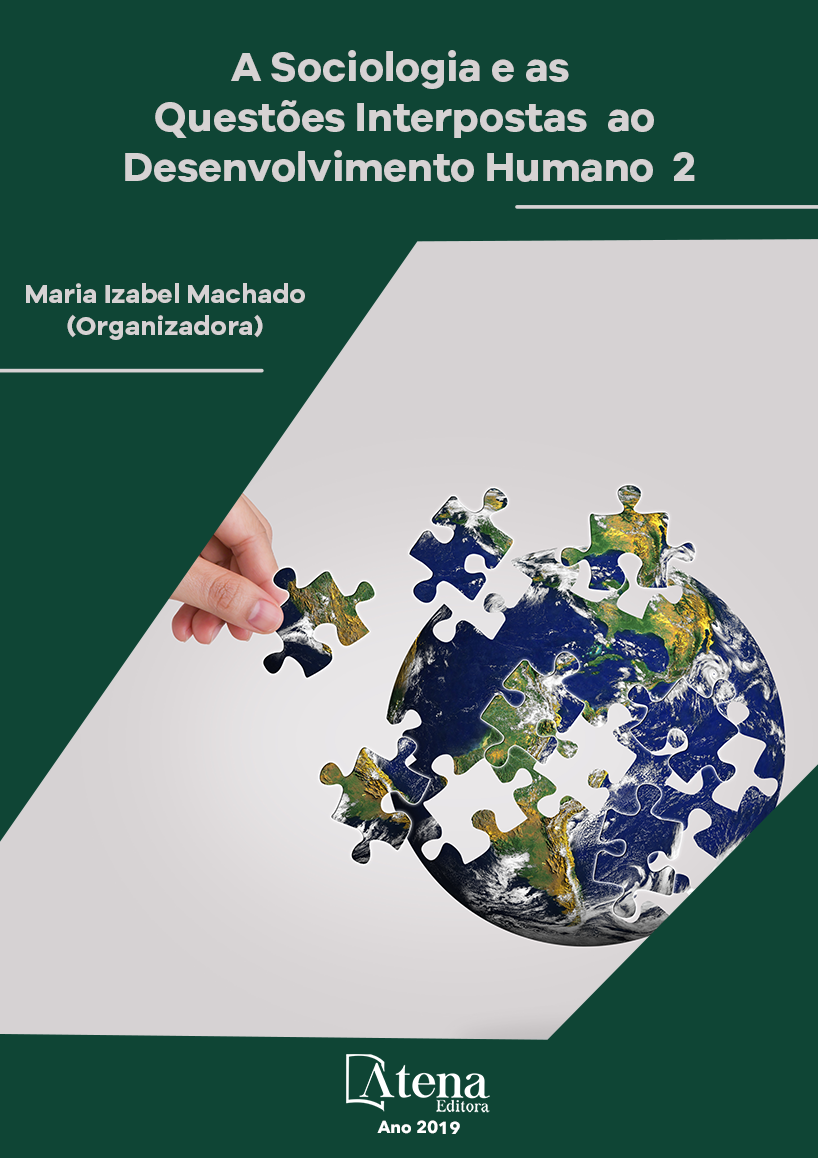
TRANSPORTE ESCOLAR E INFÂNCIA DO CAMPO: AS VIVÊNCIAS DAS CRIANÇAS RIBEIRINHAS DE UMA ESCOLA NO RIO UAICURAPÁ/ PARINTINS - AMAZONAS
Este trabalho objetiva descrever as vivências das crianças ribeirinhas em relação ao transporte escolar, especificamente as crianças da Comunidade São Pedro do Marajó em Parintins/Amazonas. Para isso, nos fundamentamos o estudo em: Fraxe (2007); Carvalho (2010); Maia-Pinto (2011) entre outros. Essa pesquisa, de cunho qualitativo, teve como sujeitos nove crianças do 1º ao 5º ano do Ensino Fundamental (na faixa etária de 06 a 11 anos), um condutor do transporte escolar e três pais dos referidos alunos. Os resultados destacaram as vivências das crianças por meio de suas falas, expressões, brincadeiras e do convívio com os seus pares dentro do transporte escolar. Concluímos que a criança, enquanto usuária do transporte escolar, necessita desse meio de transporte para chegar à escola conforme o previsto na legislação vigente, a qual garante seus direitos básicos.
TRANSPORTE ESCOLAR E INFÂNCIA DO CAMPO: AS VIVÊNCIAS DAS CRIANÇAS RIBEIRINHAS DE UMA ESCOLA NO RIO UAICURAPÁ/ PARINTINS - AMAZONAS
-
Palavras-chave: Transporte escolar. Infâncias do campo. Vivências. Crianças ribeirinhas.
-
Keywords: School bus. Childhood in the countryside. Experiences. Riverine children.
-
Abstract:
This paper aims to describe the experiences of riverine children in regards to school transportation, specifically the children from the São Pedro do Marajó Community in Parintins / Amazonas. For this, we based our study on the works of Fraxe (2007), Carvalho (2010), Maia-Pinto (2011), among others. This is a qualitative study in which the subjects were nine children from the 1st to the 5th grade of elementary school (in the age group from 6 to 11 years old), a driver of the school transport and three parents of the aforementioned students. The results highlighted the children's experiences through their conversations, expressions, games and socializing with their peers within the school transport. We concluded that the child, as a user of school transportation, needed this means of transport to get to school as provided in current legislation guaranteeing their basic rights.
-
Número de páginas: 13
- Kilsimara Nascimento Ribeiro
- Rosaria Jordão Dutra
- Gyane Karol Santana Leal


